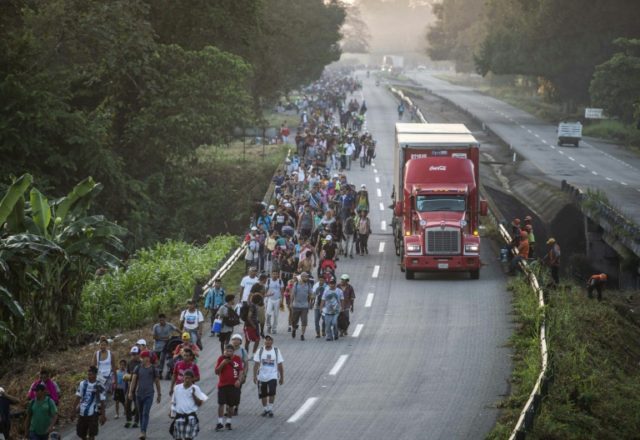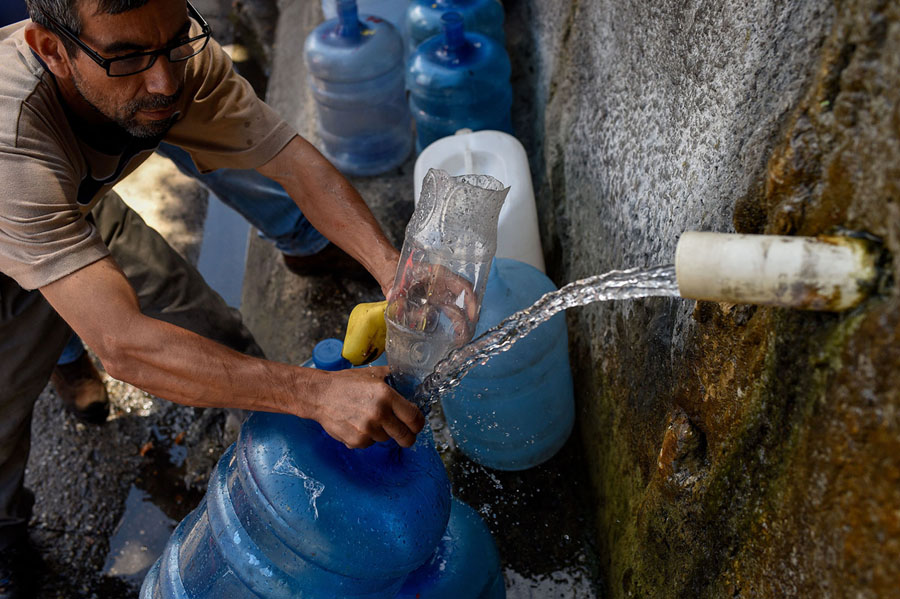
This week, Mexico’s government unveiled their plan called "Estas en tu Casa"(You are in your home). The program provides the migrants with temporary employment, access to government-funded health care, and education for their children. The migrants who take part in the program will be employed in the cleaning and maintenance of public buildings and roads.In order to take part in the program, the migrants and their families must be in the country legally and reach out to immigration authorities who will sign them up. The program will only be available in the southern Mexican states of Chiapas and Oaxaca. Those who are part of the caravan and entered the country illegally will be given time to begin the immigration process and must follow Mexico’s immigration law. Those in the program will also be given Mexico’s version of a social security number, commonly known as CURP (Clave Unica de Registro Publico) so they are able to open bank accounts and what not. According to Mexico’s Secretariat of the Interior, the program is designed to help up to 6,000 migrants and will be supported through emergency funds destined for social emergencies.
I decided to write my blog about this topic because of the book we had just finished called Refugee. In this book multiple characters are trying to flee their home country to get somewhere safe. In this instance, individuals are being offered asylum, and are able to escape the hardships of their home countries. Unlike the individuals in the book who were turned away from countries. Although, many migrants in the caravan decided to turn down Mexico's offer, and will proceed to the U.S. I thought this was so interesting because the U.S. will turn them away. Why not take Mexico's offer?


